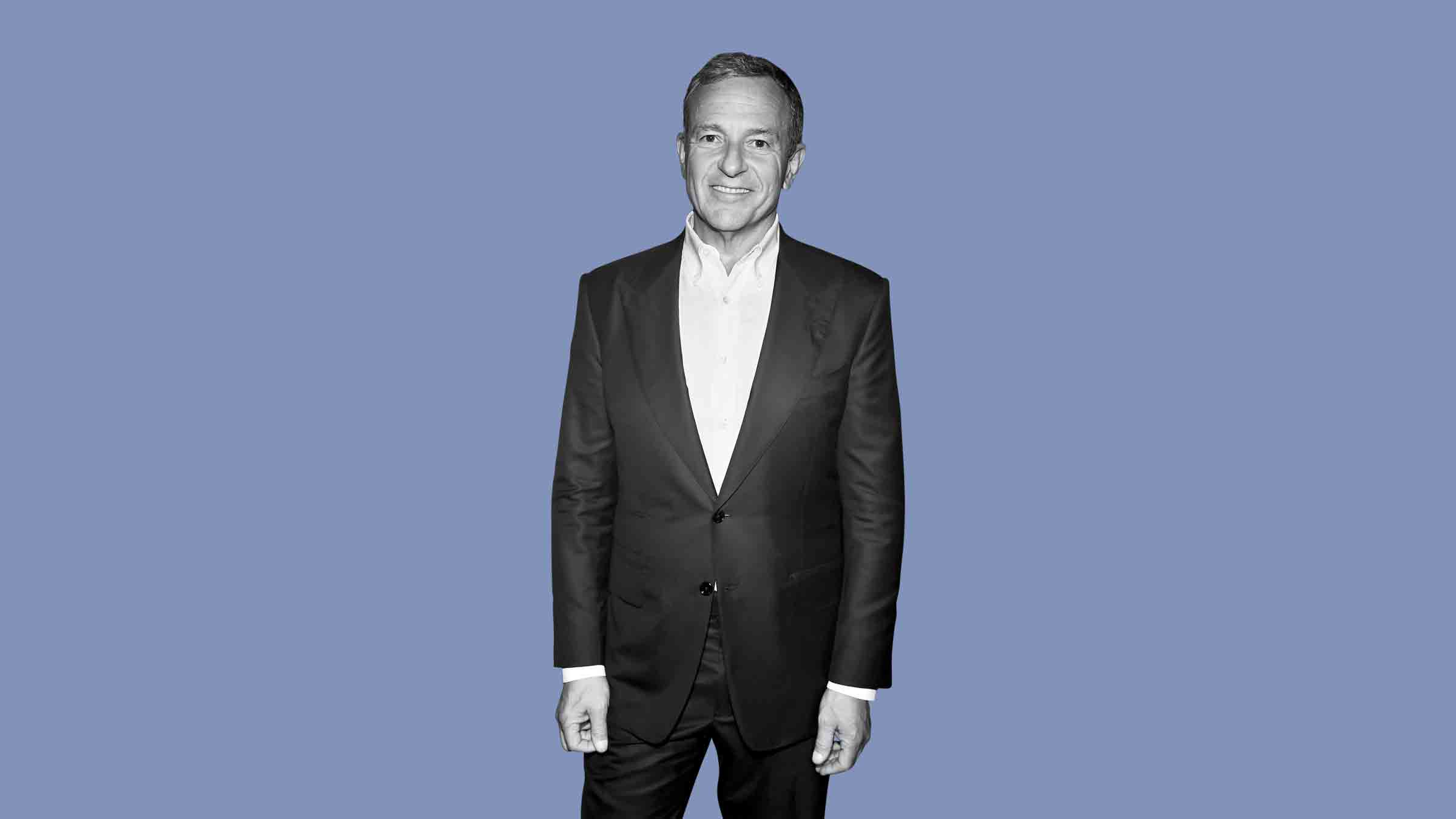
The Disney CEO on consequential fun, firing humanely and what he learned from scraping chewing gum off desks.
There are many business-leadership books; what does The Ride of a Lifetime offer that’s new?
Because I’m in the business of storytelling, and I had some good stories to tell, I thought I could write a book of stories that could convey advice to young people in a less dry, less businesslike way.
You write that your hardest day was when an alligator killed 2-year-old Lane Graves at a Disney park while you were opening a new park in Shanghai. What lesson did you learn from that?
That even though you’re in a business that is essentially manufacturing fun, it doesn’t mean that every day is going to be a happy day.
You also write that you took your father, who struggled with mental health and financial issues, to dinner, and you told him that in your eyes, he’d been a success. How did he respond?
He did not express his understanding of it or his appreciation in words, but I could see that my words had meaning to him.
You have a legendary work ethic. Is that partly biology? Could all people develop that?
I think it’s a combination of biology, necessity and just practice.
So we all have to scrape the chewing gum off a thousand desks, as you did one summer?
That just taught me how to tolerate monotony. Anybody who’s ever been in my life knows that I wake up happy, which basically makes it very, very difficult to live with me. Once I learned how to use that energy and enthusiasm to my advantage, it reinforced the whole dynamic and I probably applied myself even more.
Is there any downside to that work ethic? You write of not wanting it to cost you another marriage.
I think lives need balance–for you and for the people around you. I’m sure there are times in my life where I failed. The impact on my marriage wasn’t really from work ethic as much as pursuing opportunity. When people gave me opportunities, I seized them. I didn’t purposely put my marriage on the line, but as a result, I made it difficult on my marriage. At least my last one, not my current one.
Risk-taking is a key leadership principle in the book. Yet one criticism that people level at Disney is that all its sequels and superhero movies feel iterative and not risky creatively. How would you address that?
I can name numerous risks that we’ve taken, just in the last few years: Black Panther, Coco and a number of movies that are coming up. I find that criticism to be unfounded and preposterous.
One of the toughest parts of management is firing people. How do you do that in a humane fashion?
You start with never really wanting to. When I have to, I try to be empathetic. I try to be to the point. I try to be transparent, meaning not to make excuses. I try to be generous in terms of explaining the reasons why, and I try to do so quickly.
Do you have any plans for after 2021, when you retire?
Nope. I’m looking forward to waking up and not having a to-do list a mile long.
You’ve put your whole life, essentially, into a theme-park company. Do you ever think: Is that enough?
Here’s what I think. There’s never been a time when art and entertainment are as important as today. I think people are desperate for it, and I think that our place in the world is both important and something that I’m extremely proud of, to be in this business at this company at this point, at this time in the world. I don’t look at what we do as frivolous. I don’t look at what we do as small. I don’t look at what we do as inconsequential.
More Must-Reads from TIME
- Donald Trump Is TIME's 2024 Person of the Year
- Why We Chose Trump as Person of the Year
- Is Intermittent Fasting Good or Bad for You?
- The 100 Must-Read Books of 2024
- The 20 Best Christmas TV Episodes
- Column: If Optimism Feels Ridiculous Now, Try Hope
- The Future of Climate Action Is Trade Policy
- Merle Bombardieri Is Helping People Make the Baby Decision
Contact us at letters@time.com